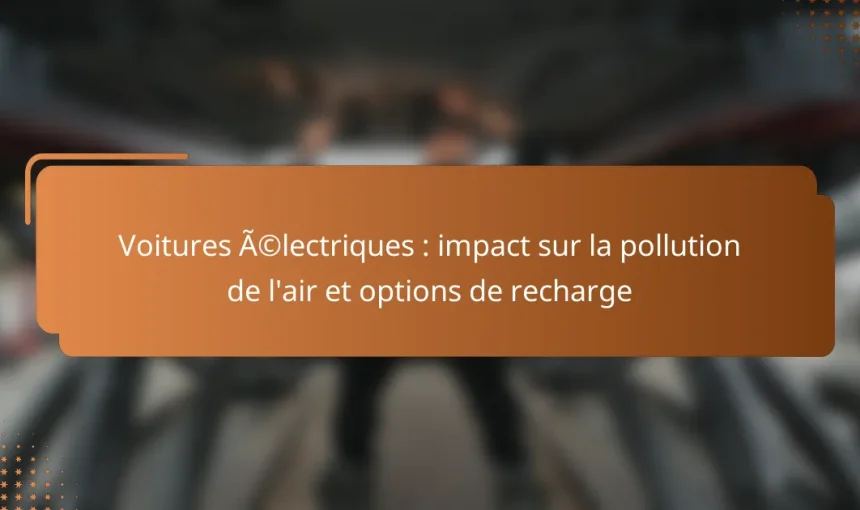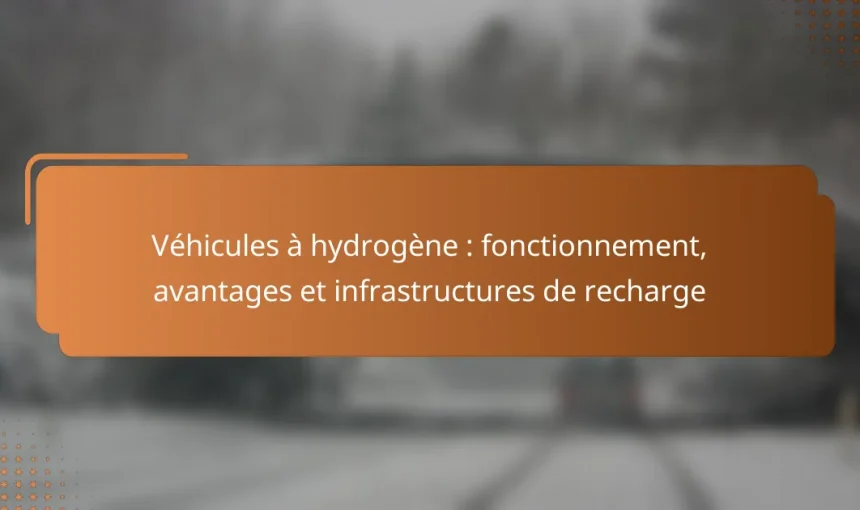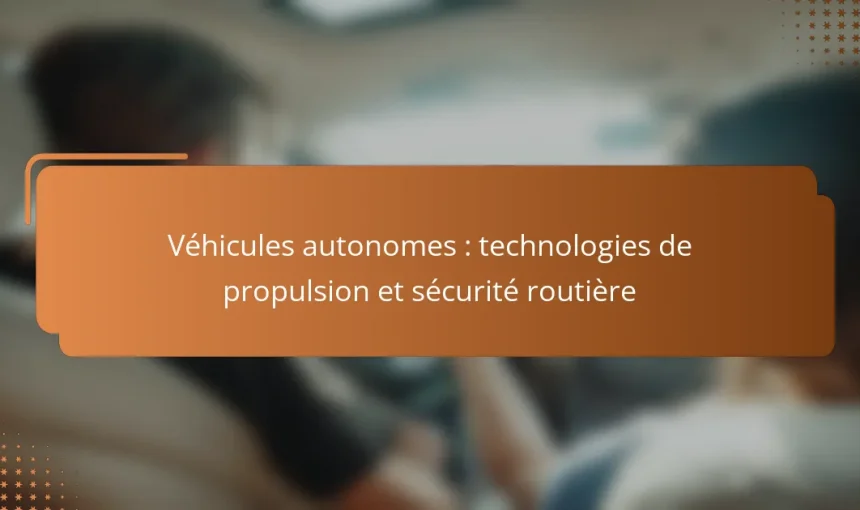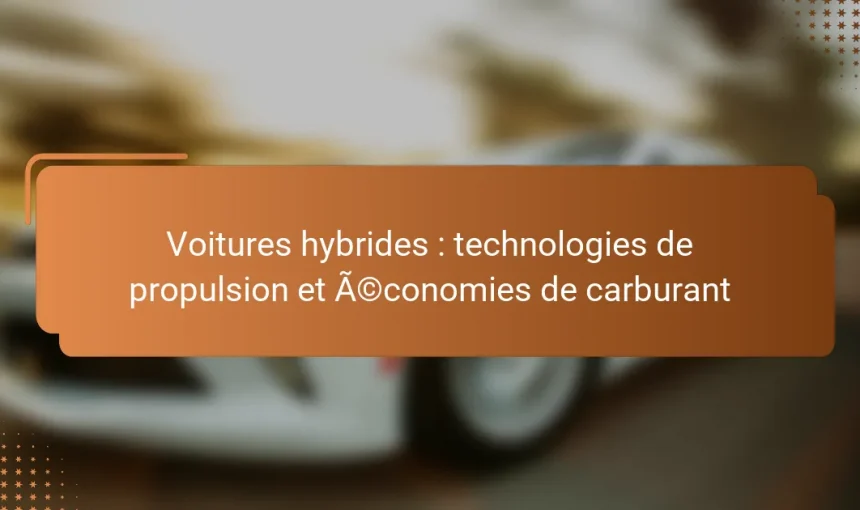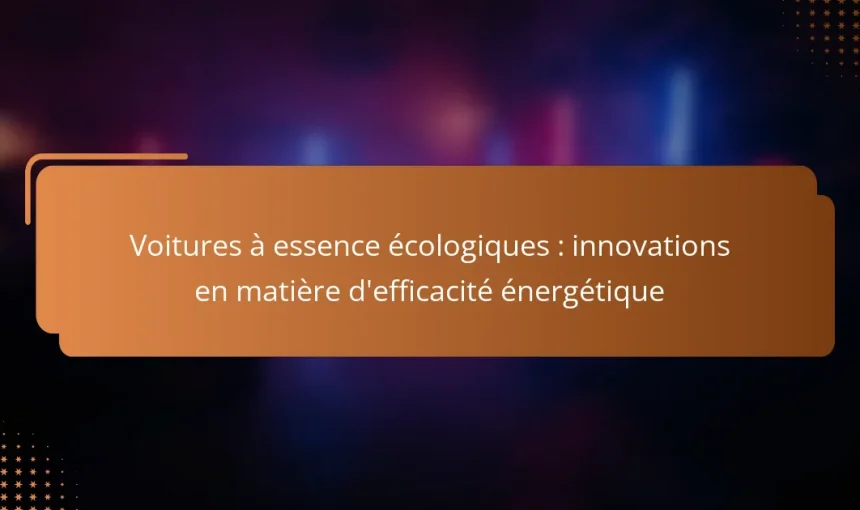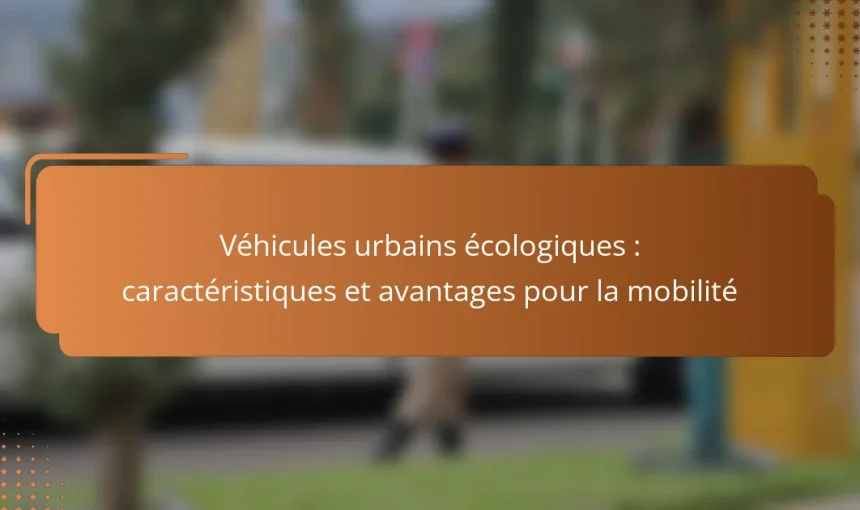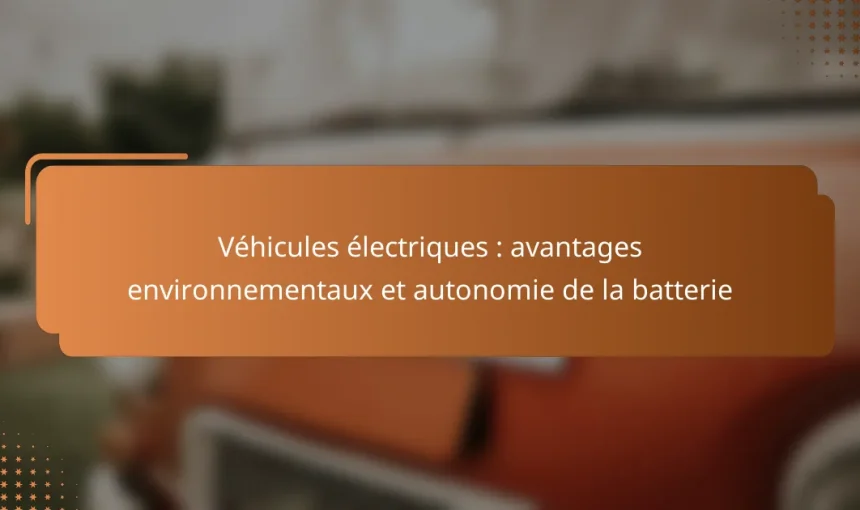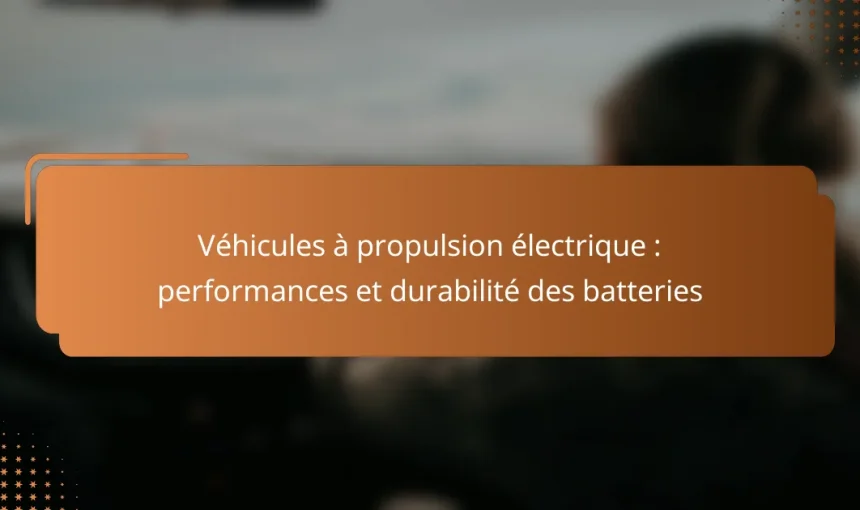Urban electric cars are vehicles specifically designed for city travel, operating entirely on electricity. These compact cars provide an eco-friendly transportation option, significantly reducing greenhouse gas emissions while offering sufficient range for daily urban commutes, typically between 150 and 300 kilometers per charge. Rapid charging technology, which can restore up to 80% of battery capacity […]
Hydrogen vehicles are a type of vehicle that utilize hydrogen as their energy source, operating through a hydrogen fuel cell that generates electricity by reacting hydrogen with oxygen from the air. These vehicles primarily emit water vapor, making them an environmentally friendly alternative to traditional gasoline vehicles, with comparable range and quick refueling times of […]
A plug-in hybrid vehicle combines an internal combustion engine with an electric motor, allowing for recharging via an electrical outlet and enabling a certain distance to be traveled in fully electric mode. These vehicles generally offer greater autonomy than traditional hybrids and can reduce CO2 emissions by 30% to 50% compared to conventional gasoline cars. […]
Autonomous vehicles are designed to operate without human intervention, utilizing advanced sensors, cameras, and algorithms to navigate their environment safely. These vehicles can significantly enhance road safety, with studies indicating they could potentially reduce traffic accidents by up to 90% due to their reliance on artificial intelligence and real-time data processing. The article examines the […]
Hybrid cars are vehicles that integrate an internal combustion engine with an electric motor, resulting in reduced fuel consumption and lower CO2 emissions. This technology allows hybrid cars to operate using both power sources either simultaneously or alternately, enhancing energy efficiency by 20 to 35% as reported by the U.S. Environmental Protection Agency. Furthermore, hybrid […]
Eco-friendly gasoline vehicles are designed to operate with internal combustion engines fueled by gasoline while incorporating technologies aimed at minimizing environmental impact. These vehicles enhance fuel efficiency and reduce greenhouse gas emissions through innovations such as energy recovery systems, more efficient engines, and advanced emission control technologies. Recent advancements have focused on lightweight materials and […]
Véhicules urbains écologiques are designed to minimize environmental impact in urban areas by utilizing clean technologies such as electric and hydrogen power. These vehicles produce little to no greenhouse gas emissions, significantly improving urban air quality and reducing noise pollution compared to traditional combustion engine vehicles. Government incentives, including subsidies and tax reductions, further promote […]
Electric vehicles (EVs) represent a growing segment in the automotive market, particularly in the used car sector. This article examines the advantages of used electric vehicles, such as lower purchase prices, government subsidies, and reduced maintenance costs, alongside their environmental benefits, including a significant reduction in CO2 emissions. It also addresses the disadvantages, including diminished […]
Electric vehicles (EVs) are automobiles powered by electric motors that draw energy from batteries, resulting in zero tailpipe emissions and reduced air pollution compared to internal combustion engine vehicles (ICEVs). This article explores the environmental benefits of EVs, including their contribution to cleaner urban air and lower operating costs. It highlights recent advancements in battery […]
Electric propulsion vehicles are defined as vehicles that utilize an electric motor powered by rechargeable batteries, eliminating the need for fossil fuels and significantly reducing greenhouse gas emissions. The article examines the growing adoption of electric vehicles, highlighted by the sale of 3 million units globally in 2020, and emphasizes their sustainable alternative to internal […]
